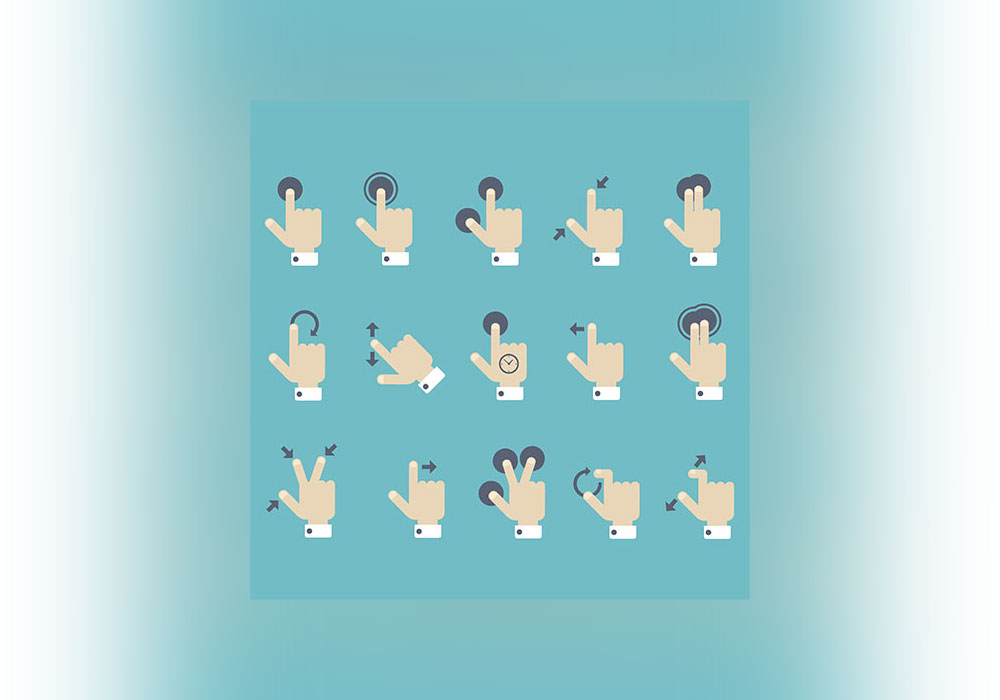Well vs. Good
Someone may have told you you were wrong for saying, I’m good, instead of the more formal I’m well. But is the response I’m good actually incorrect? Not technically. Let’s explore the rules and conventions for these two words.Well is often used as an adverb. Adverbs can modify verbs, adjectives, and other adverbs. Good is most widely used as an adjective, meaning that it can modify …











